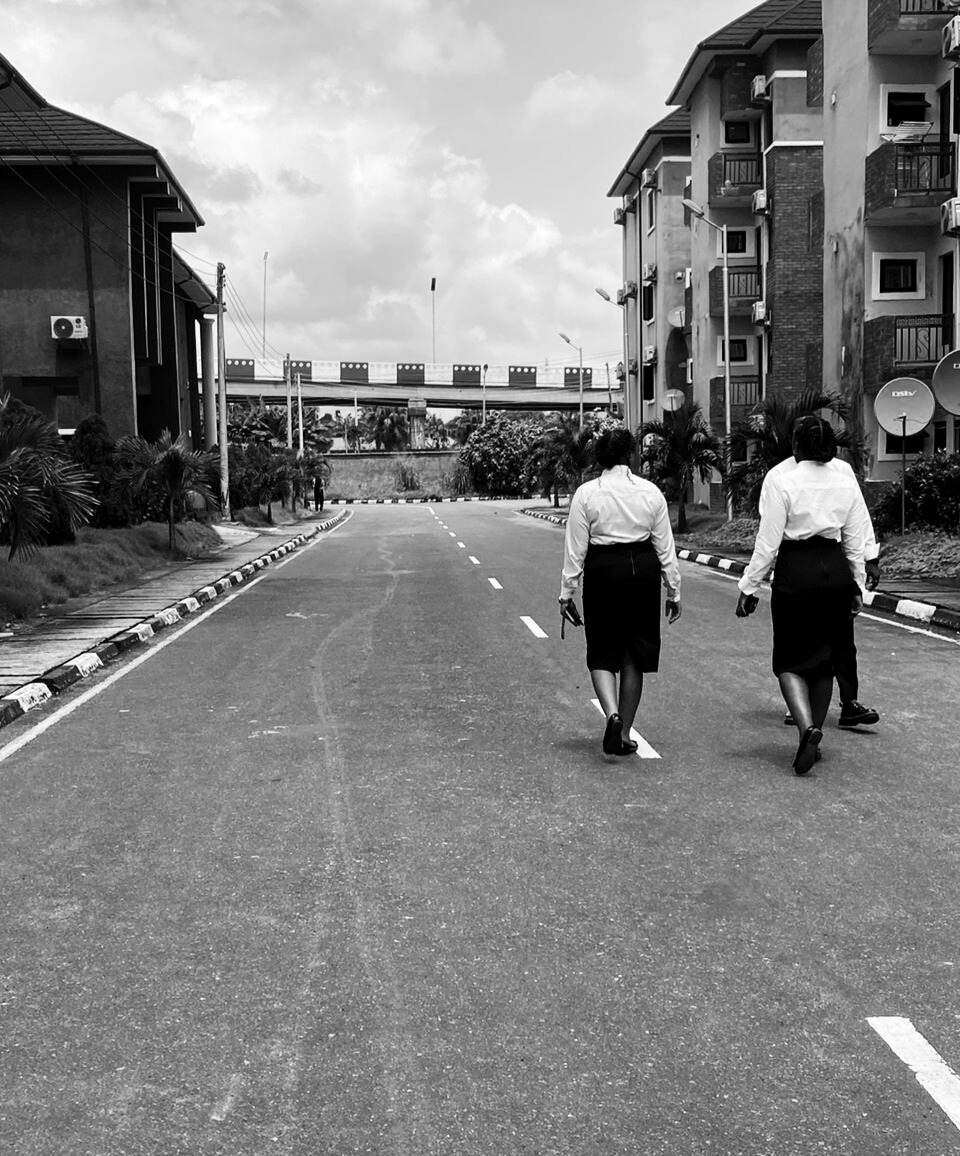When I first saw my posting to the Port Harcourt campus of the Nigerian Law School, I reloaded the page, logged out and logged in again, hoping it would change. Port Harcourt felt too far, too unfamiliar, too not Abuja. But I convinced myself that if I got posted to Port Harcourt, then maybe I was meant to be there. It still bothered me that the city was far from home and that I didn’t know anyone there, but I tried to stay positive. I had no other option.
My family helped me feel better. They sent hostel pictures and TikToks of the campus looking beautiful. I also heard from former students that the lecturers were good and friendly. Apart from the cost of travelling, I started to feel lucky. This campus was only three years old. It couldn’t be bad, right?
It was bad.
Nothing works. The grasses are overgrown. The light is never constant; most times, we depend on a generator that barely runs three hours a day outside of lectures. Sometimes there’s more to do in class, but the generator goes off and it becomes hard to continue. Water isn’t constant; some rooms barely get running water. Students have to climb a lot of stairs to fetch from different places. There aren’t enough cleaners, so the toilets in class are always dirty. At least one out of three projectors in class is faulty every day. The microphones always need a mini CPR. I tell myself: at least the lecturers are really good. Maybe that’s all that matters. But delusion has a limit.
When my family members call, after “How are you?” the next question is, “Do you have water now?” Not “How is reading?” Not “How is revision?” Because in a place meant to prepare us for one of the most important exams, the struggle sometimes isn’t studying, but how to get water. I once spent three hours waiting by a tap. Waiting for the water to run. Then waiting again for my turn. That’s three hours I will never get back. Three hours I could have spent reading. Or at least resting. I spent it sulking and feeling so insignificant. I miss home.


The Nigerian Law School is intense. It makes you conscious of time. It makes you calculate what every wasted hour costs, and that makes the suffering hit harder. You are more aware of how this is wrong, but you can’t do anything. You can’t even sulk for long; you just have to bear it.
I had high expectations — noble profession and all that. I thought if lawyers were in charge of administration, it would be better than the average Nigerian institution. I was wrong. We are noble because we are taught to eat with forks and knives, to wear black and appear sober, but that’s where the bar is. We aren’t respectable enough for running water, constant light or a proper address. They won’t ignore a sleeve an inch too short, but they’ll look away when we carry water on our heads. Maybe this is what it means to be fit and proper.
What adds salt to injury are the questions from those in charge: “What state are you from?” “In your university, did you always have water?” “Do your Deans come to address you?” As if we are second-class citizens begging for too much and not here in an attempt to become lawyers, asking for the most basic things.
As narrated by: BELEMA KOKO* (PORT HARCOURT, NIGERIA)
Discover more from Chronycles
Subscribe to get the latest posts sent to your email.

Published by